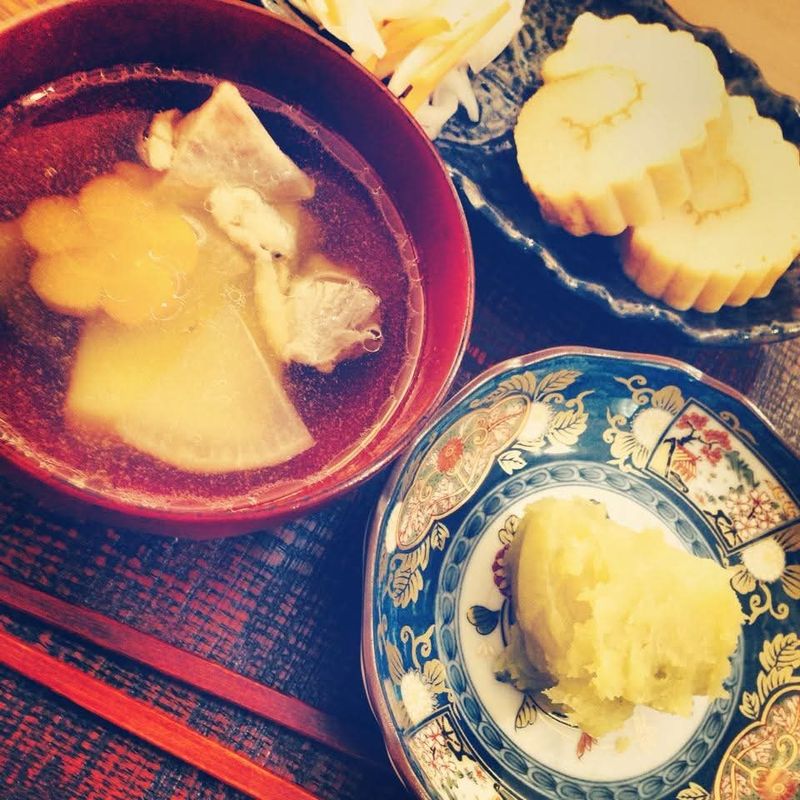Jan 8, 2025
New year's mochi eating — same issues, different year
I love many of Japan's traditions. I think there's a real beauty to a lot of them, whether they're festivals that have been going for thousands of years, seasonal celebrations with a bit of history tied to them, or even things that are eaten in line with different occasions.

I've done some cooking classes while living here and one year I did a new year's themed one...my favorite dish was the kuri kinton, a mix of chestnut and sweet potato that is meant to symbolize good fortune because of its pretty gold color. There are lots of fun things to eat over the new year's period, which made me ask the question...why do people still eat mochi over new year's, which seems like a death trap food?
This article from Yahoo! mentions that a whopping 43% of mochi choking deaths occur in January, with the bulk of those in the first three days of the year. Maybe I'm just a paranoid Patricia (I'm the kind of mom that still cuts her kids grapes and cherry tomatoes in half because the risk of choking is huge on those foods...and my kids are 10 and 7), but I think to myself...is it really worth the risk? The majority of those who pass away because of choking on mochi are children or the elderly, which makes sense—chewing is harder for many people in those age brackets—so I just don't get why people still do it.
Maybe my home country is a bit of a nanny-state, but I feel like if they were having thousands of deaths a year with people choking on a specific food, they'd ban it. The government has done exactly that with some foods—for example, mini jellies containing konjac and in small cups sized 45 mm or less in height or width are permanently banned from sale in Australia because of that very reason. They're perfectly sized to block someone's windpipe completely.
There's obviously a line between personal responsibility and government overreach, but with over 3500 mochi choking deaths a year here I really wonder when it's time for someone to step in.
Maintaining tradition, or legislating bans — which would your country do?



0 Comments